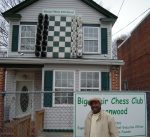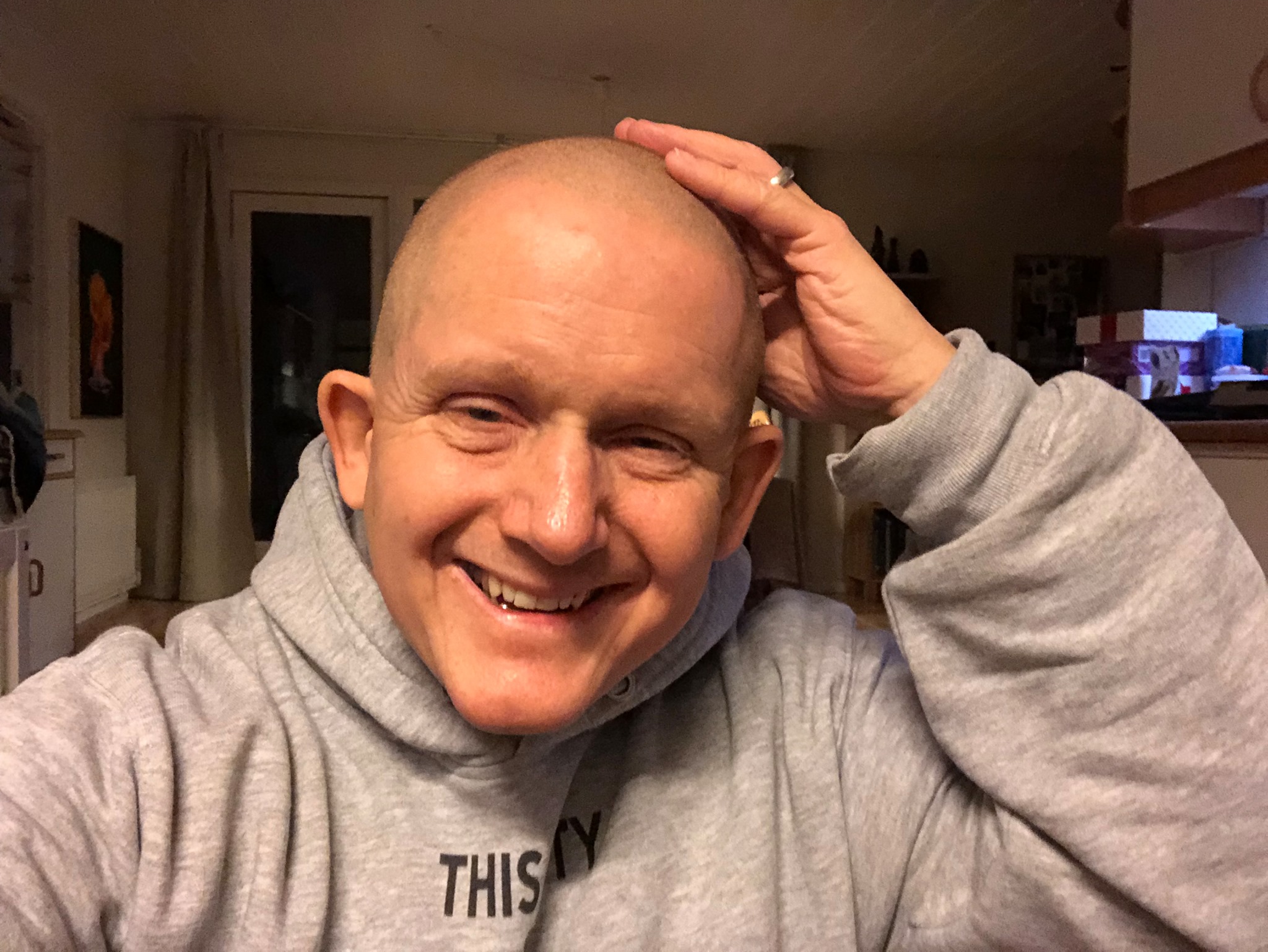25: Eugene Brown from The Big House to The Chess House
Eugene Brown

It was a pleasure to interview Eugene, a man that has tremendous resilience and a heart deeper than the ocean to give back to the community and help youth. He was raised in a two-parent home with good morals and values yet slipped into the street culture and made some poor choices in his early years. Eugene ended up in prison and found his passion, chess.
The “Chess Man,” in prison told him he would always be a loser if he didn’t accept responsibility for his own actions. He told him, “You are the king, you’re responsible for every rule that is made on your side of the board, stop blaming people. Until you accept your kingship you are always going to be in and out of prison.”
These were the seeds that were planted and a paradigm shift happened. Today Eugene is the father of an inner-city chess club that helps children stay off the streets and make wise decisions.
His story was made into a movie, Life of a King. Hear the story and all the details on the Podcast: Here
There are three stages in life:
- Young adolescence
- Youth
- Senior
In chess there are:
- The opening
- The middle
- The end.
When Eugene references his opening in life to his community he chose the wrong role models at a really early age. That effect cost him a lot of years.
He tells us he got kind of caught up in the illusion and the glamour the glitter of the inner city nightlife and it took him away from his early upbringing.
Eugene was raised in a two-parent family he learned good moral values and principles at a really early age. He tells us he channeled the wrong role models that had influence over him and got away from them.
Looking back, he tells us it’s easy to see, “You can think that you are king and be manipulated like a pawn.” That is what happened to him. He was getting good grades in school yet kept being told he had a behavior problem. That behavior problem ended up taking him to prison.
Eugene told us that he didn’t develop a lot of self-discipline at a young age and the discipline he’d had was for a sub-culture. His teacher told him he had a short attention span, and when he was out on the street, he didn’t have a problem.
Being in the urban hood sub-culture can be like coming back from Vietnam as a soldier with PTSD. The soldier from war is away from it healing yet the person in the streets is surrounded by it all the time.
Most of them have heard abuse all of their lives. This is a culture that stigmatized their thinking from an early age. If you haven’t seen the movie, you may wish to watch it, for me it was life-changing! Life of a King.
The Chess House
The seed was planted to open the chess house when the parents asked Eugene what he was going to do. He was on ABC and after the interview, he was approached to make the movie. After the movie, he was interviewed on the 700 club.
Eugene helps the kids to see that the big cars that come from selling drugs are not going to lead to a good honest life. He celebrated National Chess Day, the second week in October each year and won an award for being the national chess ambassador for the prison population.
There are so many people who are not chess players that have been inspired by the movie. They are inspired to use their trade or talent and are giving it back to their community or children. He tells us a story of a man who was motivated by the movie to start using his weight training, love of bodybuilding, and was using it in the front yard. He had 5 or 6 kids and helped others to see you don’t have to go to prison to start bodybuilding.
Eugene tells us the energy of the movie has caused people to use what they got. The motivational part of the movie is that it has inspired other people to motivate themselves. The redemption of the movie was that a family got back together after being torn apart.
They are kind of connecting the dots.
He tells us we would be surprised, but a lot of guys have been forced out of their homes by females that are dominating or for many reasons. At least they are taking some initiative. This is the inspiration Eugene has seen coming from this movie.
How To Get Started With Little Finances
If you’re a good player, you can come home with a chessboard and you may be surprised. Eugene has a saying, “I am going to find a way, or make a way to use what I got, to get what I want, legally.” In chess, you see the problem, what is the solution? With your life, identify the problem and find a solution. The thought is the cause of it all, your thinking is the weapon that gets you what you want. You don’t need a pistol, you need your thinking.
He now can see problems before they even occur. The programs he is helping to create help children to spot problems and think before they move. Eugene is available for speaking engagements and coaching. You can find more information here: http://www.chessmaneugenebrown.com/.
Links
- Eugene’s website http://www.bigchairchessclub.org/
- xsolo3@comcast.net
- 202.396.1780
- http://www.chessmaneugenebrown.com/
- Listen on Anchor
The Big Chair Chess Club, Inc. is a non-profit organization under IRS 501(c)(3). The organization does not receive any support from the government or the U.S. Chess Federation. Funding comes entirely from supporters who agree that chess is beneficial to children and understand that the organization cannot continue its efforts without money.
Checks should be made payable to: The Big Chair Chess Club, Inc.
Thank you for listening, I hope that you found this interview inspiring. The audio is available on Anchor Podcasts and you can listen by clicking here.

